Core Team
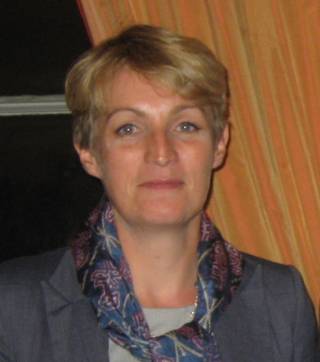 | Professor Eleanor Robson, UCLPrincipal InvestigatorEleanor is Professor of Ancient Middle Eastern History at UCL, with a particular focus on Iraq. She joined the university in 2013 from the Department of History and Philosophy of Science at the University of Cambridge (2004-13) and the Faculty of Oriental Studies at the University of Oxford (1995-2003). She served as Chair of the British Institute for the Study of Iraq (2012–17) and was elected as a Fellow of the British Academy in 2022. She has been Head of UCL's History Department since 2018. Eleanor's research has three main focal points:
In her capacity as DIrector of the Nahrein Network project, Eleanor has overall responsibility for the Network, overseeing expansion, ethics, and risk. She also leads on ancient history, languages, and digital humanities. |
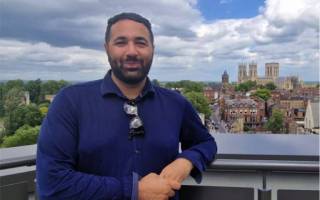 | Dr Mehiyar Kathem, UCLDeputy Director and Senior ResearcherDr Mehiyar Kathem is the Nahrein Network Deputy Director. As part of his role, Mehiyar supervises all the network’s programmes, including Research Grants, Visiting Scholarships and Graduate Studentships. He is also Programme Lead for AcademIQ, a multi-year programme designed to support Iraqi researchers in the arts, humanities and social sciences with academic skills development. He also assists Iraqi academics and professionals during their stay in the UK. His role includes developing partnerships and communication with Iraqi Government institutions, domestic NGOs and academics. Mehiyar completed a PhD at the School of Oriental and African Studies (SOAS) where he researched peacebuilding interventions and the formation of Iraq's domestic NGO sector after the 2003 War. During this research, he looked at the gradual evolution of Iraq from totalitarian dictatorship through the country's emerging domestic organisations. His research interests include statebuilding, civil society peacebuilding and the ways in which development, politics and money interact at a local level. In 2012 and 2013, Mehiyar conducted field research in Iraq for his PhD programme, spending a year meeting with and interviewing domestic NGO actors, political parties, government officials and international donors. He tweets at @mehiyar and blogs on mehiyar.com. |
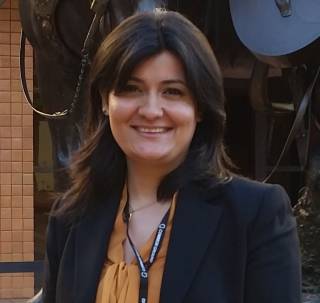 | Dr Rozhen Kamal Mohammed-Amin, Kurdistan Institution for Strategic Studies & Scientific Research (KISSR)Co-InvestigatorDr Rozhen Kamal Mohammed-Amin is an architect and academic with an interdisciplinary background and research interest in the confluence of digital technology, architecture, and cultural heritage. She is a lecturer and researcher at the Kurdistan Institution for Strategic Studies & Scientific Research (KISSR) and co-founder and president of the Cultural Heritage Organization (CHO). Rozhen also serves as vice president of RASHID, an international network dedicated to safeguarding the cultural heritage of Iraq with ECOSOC/UN special consultative status, and is a member of UKRI’s International Development Peer Review College. Before completing her Master’s and Ph.D. degrees at the University of Calgary (Canada), she worked at the State Organization of Tourism and the Ministry of Municipality and Tourism in the Kurdistan Region of Iraq. Between early 2016 and late 2022, she founded and directed two research centers at the Sulaimani Polytechnic University (SPU), including the Digital Cultural Heritage Research Center (DCH), which is the first interdisciplinary research center of its kind across Iraq. Rozhen has taught and supervised undergraduate and graduate students at the City Planning Engineering and Public Relations & Marketing Departments (based at SPU) and the Archaeology Department (based at the University of Sulaimani). Her research interests include digital heritage, tech-mediated heritage experiences, and designing, developing, and assessing interactive and narrative experiences and spaces (including virtual spaces), using Augmented Reality (AR) and Virtual Reality (VR) technologies. In her capacity as co-investigator on the Nahrein Network project, Rozhen supports some of the ongoing projects, conducts research in digital heritage in Iraq and its Kurdistan Region along with her team at CHO, and undertakes and supervises carious training and community outreach activities at the CHO-KISSR office of the Nahrein Network. |
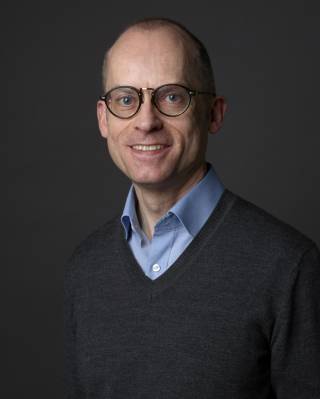 | Dr Paul Collins, The British MuseumCo-InvestigatorPaul Collins is Keeper of the Middle East Department at the British Museum. He was previously Professor of Ancient Middle East and Jaleh Hearn Curator in the Department of Antiquities at the Ashmolean Museum, University of Oxford. His research interests include the role of visual representation in the origins of the state and kingship in Mesopotamia, the meaning of Assyrian imagery, the history of collecting, and the role of museum displays in shaping disciplinary knowledge. In his capacity as co-investigator on the Nahrein Network project, Paul contributes to training workshops, work-in-progress events and working groups. Paul leads on museums, cultural heritage, and community engagement. |
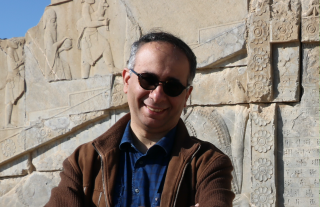 | Dr. Parsa Daneshmand, UCLResearch FellowParsa holds a PhD in Cuneiform Studies from the University of Oxford. In 2019, he was appointed to a two-year visiting professorship at the Institute for the History of Ancient Civilizations (IHAC) at Northeast Normal University, Changchun, China. Parsa’s research interests focus on divination as a method of decision-making in the ancient Near East, councils and assemblies of Mesopotamian cities, and the role of consensus decision-making in ancient societies. In his capacity as Research Fellow on the Nahrein Network project, Parsa creates an Arabic-English text edition on Oracc of cuneiform tablets from Kish, based on the CDLI catalogue of c. 2100 documented inscribed artefacts, focusing on tablets now housed in the Ashmolean Museum. He also contributes to the Network team’s collaborative project on the history, heritage and legacy of Kish, with a focus on the cuneiform evidence, including (co-) authoring and publishing of original research in English and Arabic. Parsa designs and runs online/in-person workshops for Oracc’s end users and content creators in English and Arabic.
|
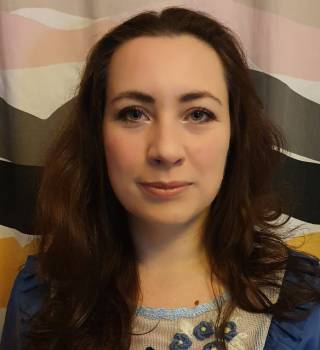 | Oana Borlea-StancioiProject AdministratorOana is the Nahrein Project Administrator. One of her main roles is to act as the single point of contact for your inquiries over email, as well as for applications to the Network's Grants, Visiting Scholarship Scheme and Graduate Studentship and any resulting reports. Oana also supports the core team in putting in place any needed contracts, making payments and general day-to-day administrative assistance. |
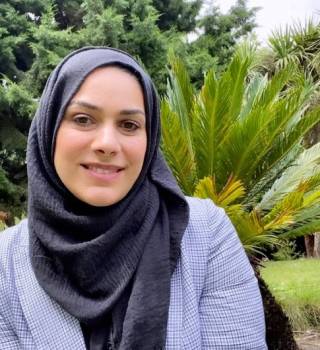 | Zainab Mahdi, UCLCommunications and Social Media OfficerZainab is the Communications and Social Media Officer to The Nahrein Network. She looks after all the network’s communications, including the network’s website, newsletters and social media platforms, in addition to organizing events. |
 Close
Close

